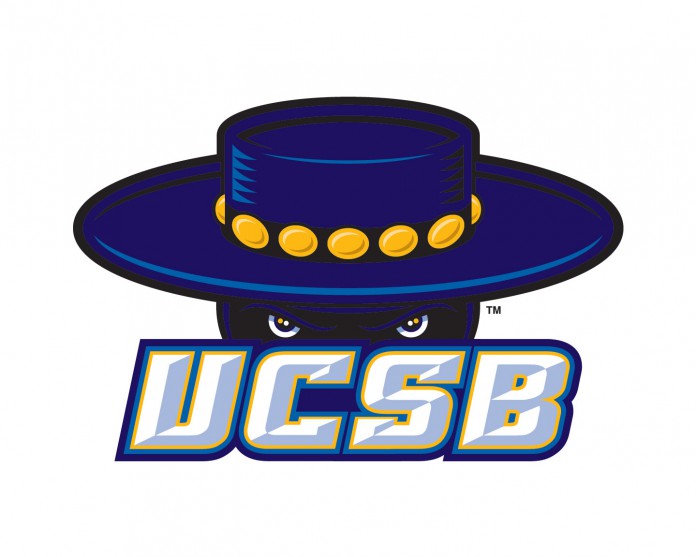Sean McEniry
Staff Writer
The UC Santa Barbara University Center is always bustling with people, thanks in large part to the vendors who sell inexpensive wares to students and visitors. So when I heard that their permits might be revoked, I knew I had to get to the bottom of this news.
I talked to Maria Hernandez, one of the vendors, who explained to me that the people at the UCSB Bookstore who were in charge of the vendors had left and were not going to be replaced. The administrative assistant Debby Baker had retired, and her assistant Eileen Yano had gone too, so the fate of vendor row is uncertain. She also explained that the bookstore was making $20 for every vending permit they sold each day, and that it made $7,000 from the vendors last year, so I was even more confused as to why they would want to shut down the program.
I decided to buy one of her bracelets to thank her for taking the time. When she told me it was only $2, I was astonished. The high cost of starting a business in this area usually means that there will never be good deals, but these vendors have the unique opportunity of becoming independent proprietors without the high costs (and the high prices that go along with that).
“The low prices are for the students,” she said. “Everything in the bookstore is so expensive.”
“These bracelets are hand-made by kids in Chiapas, Mexico,” added her companion.
My photographer told me about the petition that had been started to show support for the vendors, and she gave me the email address of Sharon Slade, a UCSB Art History graduate who has been a weekly vendor here for 14 years. She told me that Mark Beisecker, the director of the bookstore, had made the decision to end the vending program altogether.
I had to understand Beisecker’s reasoning, and after a bit of inquiry in the bookstore I found myself in his office. He explained that the program was supposed to generate funds for Hub events but that it was actually costing them more than it was worth because so few spaces were being sold. I decided to ask more about these administrative costs.
“We have to make booking calendars, set up paperwork, ensure that they’re regulated,” he said. “It’s really not that much.”
He explained that there was less UCen traffic in recent times, and that the vendors were not making enough to sustain their program as a result of this recession. I walked away understanding that tough times call for cuts, but I was a little confused about whether these administrative costs were necessary or significant at all.
I met Slade at her booth a bit later, and wanted to show me the registration process that the vendors have to go through. She took me to the front desk, where a student working at the bookstore pulled out a sheet for Sharon to sign and then collected the $20 from her. The simplicity of the whole process was unexpected.
“The vendors have been selling their wares on the UCSB campus for 30 years now,” said Slade. “We’re the real Facebook.”
The decision to shut down the vendors appears to be hasty, considering the universal benefit provided by the program. Ambitious entrepreneurs can become small business owners, students can find cheap goods to buy on campus, and the university can collect its toll for providing the space. These vendors are trying to be their own bosses, buying from wholesalers or secondhand stores and selling in bulk, but they are losing these low-cost opportunities. Their incentive to be creative will be taken away as they lose their chance to work for themselves. An even cheaper opportunity to be independent was taken away from the UCSB/Isla Vista community when it became punishable by fine to take cans from recycling bins in Isla Vista (since these cans technically already belong to the recycling company when they go into the bins). [see: http://thebottomline.as.ucsb.edu/2011/01/isla-vista-can-collecting-is-now-punishable-by-fines ]
Without a clear reason that makes good sense, speculation about the university’s motives has run rampant.
“It’s all a matter of competition,” said Harold Eisenstat, a vendor who has been a regular at UCSB for 25 years. “Associated Students used to run this program years ago, and the bottom line is that we’ll find someone else to run it.”
The week after I met with the director, the weather had cleared and UCen traffic had increased. A good number of vendors were about, and one of them had even taken the $60 space that had been unused for a while. Rather than asking whether the vendors are necessary for our campus, shouldn’t we be asking whether the expensive permit and the endless paperwork is necessary? Student organizations can table and spread their ideas for free, so why can’t the vendors peddle their wares in the same way?












Comments are closed.